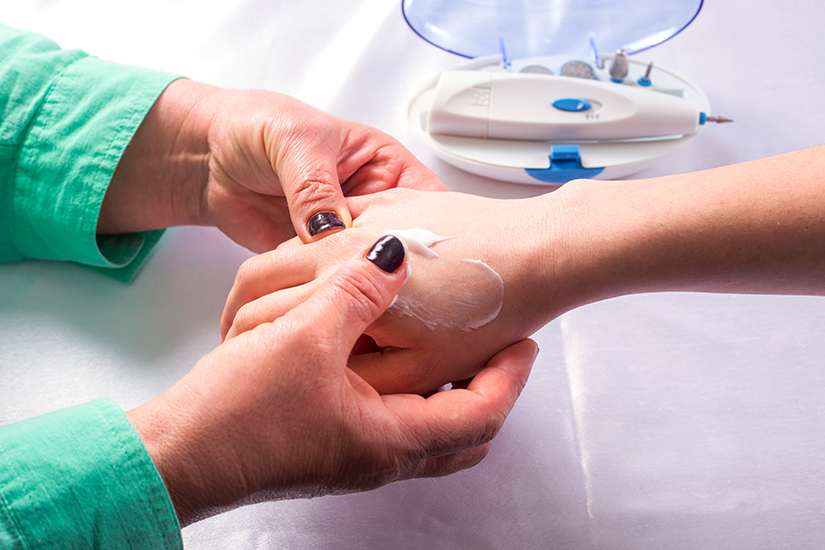- Emergency Ambulance Services
- 8606811111
- 0471-4077777, 0471-7177888
- gro@sutpattom.com
Newborn Baby Care
Thasni F. S, Child Development Therapist, SUT Hospital, Pattom
When a new baby is born, a new mother is born. After months of waiting, it is very worrying how to take care of the newborns. Nuclear families, sleepless nights and the unscientific advice of many people are the causes of some parents being depressed.
1. When should the baby be given milk and how many hours should he sleep?
The baby should be given milk every two to three hours for the first few days. After that, when the baby shows signs of hunger, give milk (feeding on demand). If baby still feels hungry after giving complete milk from a breast, you can give milk from the other breast. If the baby urinates at least 6 times a day, if the baby is gaining weight and also if gets enough sleep; it indicates that the baby is getting enough milk. A perfectly healthy baby sleeps 14 to 18 hours a day. It can take months for a child to adjust to a routine like ours.
2. How do you know if your baby is getting milk?
Breast milk is the nectar that nature has blessed. There is no point in worrying about whether it will be enough. If colostrum is given to the baby in the first few days and allowed to continue to be suckled, milk production will increase. If the baby sleeps comfortably after drinking milk and urinates at least six times a day and increase in weight, are the indications that the baby is getting enough milk. Breastfeeding can be a pleasurable experience for the mother if she avoids worries in the home environment and ensures adequate privacy and adequate rest while breastfeeding.
3. Do I need to give milk whenever the baby cries?
Crying is the only way for a newborn to communicate, so not all crying needs feeding. The baby cries when the cloth is wet, cold, stomach ache or earache. A mother can understand why her baby is crying within the first few weeks. It is better to give milk every 2-3 hours.
4. What to do when you start going to work?
As breast milk is a baby’s birthright, the government has decided that breastfeeding mothers should be given adequate leave to avoid giving their baby anything other than breast milk for up to six months. When the mother starts going to work, breast milk can be squeezed out and stored in a sterile steel container and can be feed to the baby with a spoon or a Paladai. In unavoidable circumstances, if the mother has to be transferred abroad without baby before the age of six months, the subsequent diet should be determined only on the advice of a paediatrician. There is no barrier to giving milk even if the mother has a fever. It is important to understand that these germs are not transmitted through breast milk and that the thing is mother should maintain good hygiene. It is not a problem to give milk immediately after coming from work. The belief that breast milk can be damaged by time is wrong.
5. Does breastfeeding mother need diet control?
Understand that breastfeeding is not a time to make unnecessary restrictions to diet. Include a balanced diet consisting of meat and fruits. When breastfeeding, do not take any medicine or drink less water than prescribed by your doctor. Breastfeeding mothers need to drink up to two and a half litres of water. It is best to drink a glass of water before and after breast feeding. Include calcium and iron tablets and protein foods (legumes, meat, eggs, fish) in diet.
6. What should be taken care of while bathing the baby?
The baby can be bathed after discharge from the hospital. Underweight babies should be bathed only as prescribed by a doctor. Immediately after bath, wipe off the water with a dry cloth. It is a common misconception that milk-like fluid should be squeezed from the baby’s breasts during bathing. Doing so can lead to infections.
7. Do hiccups, sneezing and burping require treatment?
Occasional sneezing and hiccups may occur even in perfectly healthy children who do not have cold or other infections. These are not health problems that need treatment. Common burping is caused by the weakening of the muscles at the lower end of the oesophagus. It should not be consider as a disease in babies who are improving weight normally.
Newborn care is guaranteed to be a happy time in life if the right scientific guidelines are followed and the whole family cooperates together.









